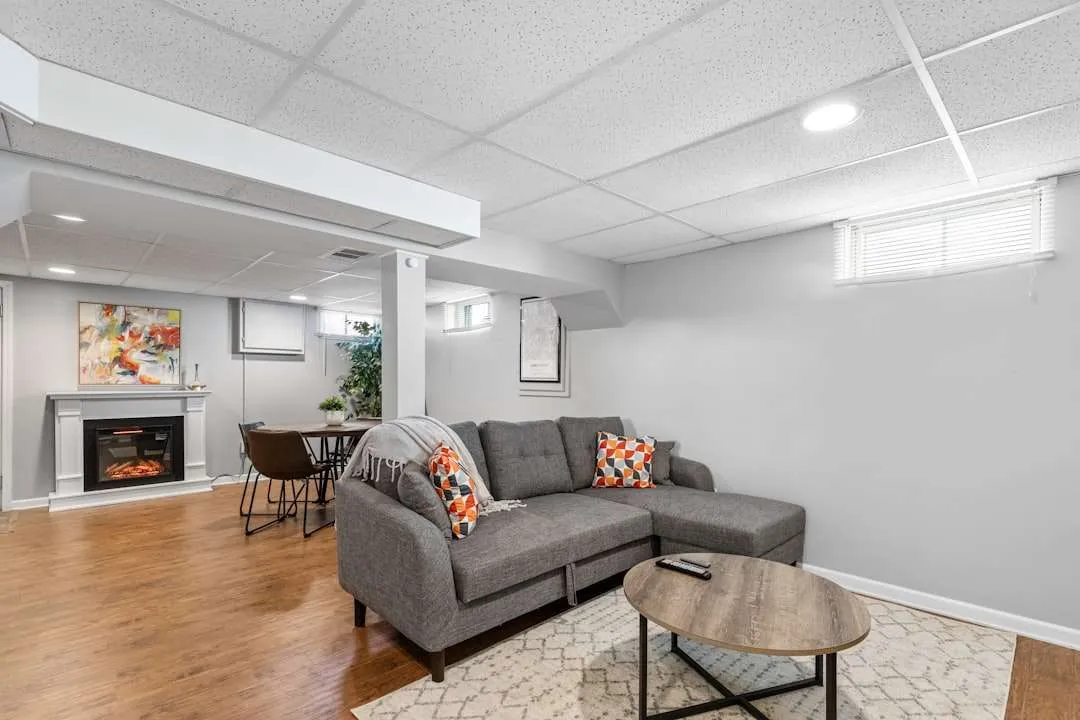In today’s world, where environmental consciousness is on the rise, embracing short term rental eco friendly practices is more important than ever. Travelers are increasingly seeking accommodations that align with their values, and property owners are stepping up to meet this demand. Whether you’re a traveler or a host, understanding and implementing eco-friendly practices in short-term rentals can make a significant impact on our planet.
Short term rental eco friendly practices not only benefit the environment but also enhance the appeal of properties to conscientious travelers. By adopting sustainable methods, hosts can attract a growing market of eco-minded guests. From reducing energy consumption to promoting local culture, there are numerous ways to make short-term rentals more environmentally friendly.

Why Eco-Friendly Practices Matter
Travel and tourism have a considerable impact on the environment. The carbon footprint of travel is significant, and accommodations contribute to this through energy use, waste generation, and water consumption. By implementing eco-friendly practices, short-term rental hosts can play a crucial role in reducing this impact.
Reducing Energy Consumption
One of the most effective ways to implement short term rental eco friendly practices is by reducing energy consumption. This can be achieved through the use of energy-efficient appliances, LED lighting, and smart thermostats. Encouraging guests to turn off lights and unplug devices when not in use can also make a big difference.
Water Conservation Techniques
Water is a precious resource, and conserving it is essential. Low-flow showerheads and faucets, as well as dual-flush toilets, can significantly reduce water usage. Providing educational materials about water conservation can help guests understand the importance of using water wisely.
Waste Reduction Strategies
Reducing waste is a key component of short term rental eco friendly practices. Hosts can provide recycling and composting bins to encourage guests to sort their waste properly. Using biodegradable or reusable products instead of single-use items can also minimize waste.
Promoting Local Culture and Products
Supporting local businesses and promoting regional culture are essential elements of sustainable tourism. Hosts can encourage guests to explore local markets, restaurants, and attractions. Providing information about nearby cultural events and sustainable tourism initiatives can enhance the guest experience while supporting the local economy.
Offering Eco-Friendly Amenities
Providing eco-friendly amenities is another way to practice sustainability. Offering organic toiletries, reusable shopping bags, and refillable water bottles can reduce the environmental impact of a stay. These thoughtful touches can also leave a lasting impression on guests, encouraging them to adopt similar practices in their own lives.
Supporting Local Wildlife and Green Spaces
Protecting local wildlife and green spaces is an important aspect of sustainable tourism. Hosts can educate guests about local flora and fauna, as well as promote activities that respect and protect natural habitats. Encouraging guests to participate in local conservation efforts can foster a deeper connection to the destination.
Communicating Sustainability Efforts
Transparency and communication are key when it comes to implementing short term rental eco friendly practices. Hosts should clearly communicate their sustainability efforts to guests, both before and during their stay. Providing information about green initiatives and the benefits of eco-friendly practices can inspire guests to follow suit.
Creating a Green Guide
Creating a green guide for guests can be an effective way to share eco-friendly practices. This guide can include tips on reducing energy and water use, recycling instructions, and information about local sustainable attractions. By providing guests with the tools they need to make environmentally conscious choices, hosts can empower them to contribute to a more sustainable future.
Collaborating with Other Eco-Conscious Hosts
Networking with other eco-conscious hosts can provide valuable insights and inspiration. Sharing best practices and success stories can help hosts improve their sustainability efforts and create a community of environmentally responsible property owners.
Benefits of Eco-Friendly Practices for Hosts
Implementing short term rental eco friendly practices offers numerous benefits for hosts. In addition to attracting environmentally conscious travelers, these practices can lead to cost savings through reduced energy and water consumption. Moreover, sustainable properties often receive positive reviews, enhancing their reputation and increasing bookings.
Enhancing Property Appeal
Eco-friendly properties are becoming increasingly popular among travelers. By highlighting sustainable features, hosts can differentiate their properties from others in the market. Eco-conscious travelers are often willing to pay a premium for accommodations that align with their values, making sustainability a smart investment.
Contributing to a Better World
By adopting short term rental eco friendly practices, hosts can contribute to a healthier planet and a more sustainable future for all. Every small step taken towards sustainability can make a significant impact, inspiring others to join the movement.
To learn more about enhancing guest experiences, visit Guest Experience Ideas. For tips on successful short-term rental investments, check out Investment Tips.

FAQs
What are some examples of eco-friendly amenities?
Eco-friendly amenities include organic toiletries, reusable shopping bags, and refillable water bottles. These items help reduce waste and promote sustainable living.
How can hosts reduce energy consumption in their rentals?
Hosts can reduce energy consumption by using energy-efficient appliances, LED lighting, and smart thermostats. Encouraging guests to turn off lights and unplug devices when not in use can also help.
Why is promoting local culture important in short-term rentals?
Promoting local culture supports the local economy and enhances the guest experience. It encourages guests to engage with the community and learn about the destination’s unique traditions and customs.
For more insights into short-term rental success, explore Success Stories. Additionally, discover Airbnb Hosting Services for professional hosting support.
This article contains affiliate links. We may earn a commission at no extra cost to you.

